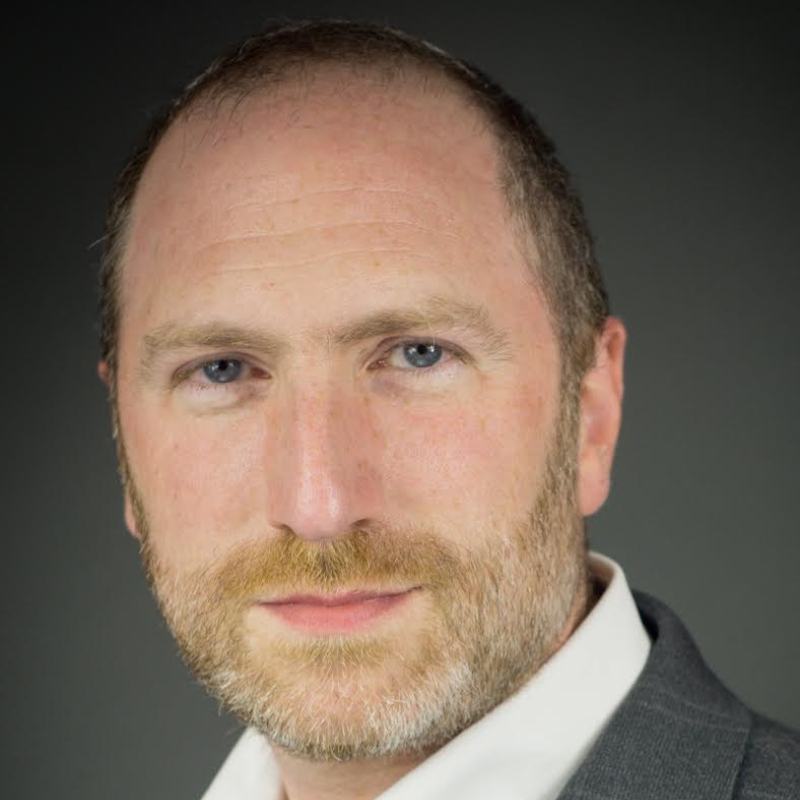In her poem “Good Bones,” Maggie Smith writes:
…The world is at least
fifty percent terrible, and that’s a conservative
estimate, though I keep this from my children.
For every bird there is a stone thrown at a bird.
For every loved child, a child broken, bagged,
sunk in a lake. Life is short and the world
is at least half terrible, and for every kind
stranger, there is one who would break you,
though I keep this from my children…
It is hard not to resonate with this text out of either disappointment or cynicism. As a people, we are well aware of how “half terrible” the world can be; our eyes are open to the injustices, the prejudice, and the pain caused in the world by those who would not see or acknowledge one another’s humanity. And as Emmanuel Levinas teaches us, once our eyes are open to that reality, once we are awakened to the half-terribleness of the world, and the ways we — created in God’s image — fail to live up to our blessing and expectations, how could we go back to sleep? How could we close our eyes?
Find more commentaries on Vayetze.
So it is when we encounter Leah, the overlooked and unloved first wife of Jacob, but the one who brings Jacob his first children. When we go through Parshat Vayetze and read the ways she names each of her first children, we may be left feeling sad for her, and perhaps angry on her behalf. Reuben: “The Eternal has seen my affliction,” or “now my husband will love me.” Simeon: “because the Eternal heard that I was unloved.” Levi: “This time my husband will become attached to me.” (Genesis 29:32-34) As Shai Held writes in “The Heart of Torah,” “[Leah] has spent years aching for the love of her husband, repeatedly convincing herself that perhaps it is just around the corner.”
But something changes when she brings her fourth child, Judah, into the world. “‘This time,’ she says, ‘I will praise the Eternal.’” (Genesis 29:35) Rabbi Yochanan in the Talmud (Berakhot 7b) tells us that no one since the creation of the world had offered gratitude to God until Leah, who somehow finds it in her heart to offer thanks for the gifts and blessings she has received. She no longer waits for the world to be all good, she accepts the disappointments of the world even as she embraces the holiness in it. As Held continues in his commentary, “Leah is disappointed, and, as we have seen, she has every right to be. But she is also grateful — despite the intensity of her pain, she too, has her blessings.”
Find more commentaries on hope in times of pain.
Our world is half-terrible, to be sure, but retreating from the tasks before us into fantasies — or praying that people will simply be different — will not repair the brokenness of the world. Nor should we merely curse the world as irreconcilably wicked, incapable of beauty, love, or justice. Rather, we must bless what is good, offering our gratitude for the holiness in our lives and in each other, so that we may see to our work to repair the world with that much more love and compassion.
Held ends his commentary by drawing attention to Judah being our namesake as a people. “Who is a Jew? One who discovers the possibility of gratitude even amid heartbreak…” Maggie Smith ends her cynical poem with the lines:
This place could be beautiful,
right? You could make this place beautiful.
As Jews, heartbroken though we are at the state of the world, we still lift ourselves up in thankfulness so that we may, as Smith writes, make our world beautiful.
Rabbi Yair Robinson first got involved with T’ruah (then part of Rabbis for Human Rights) in 1999, rebuilding an Arab home in East Jerusalem. Since 2009 he has served as the rabbi of Congregation Beth Emeth in Wilmington, Delaware, where he lives, trying to make a difference in his community.

